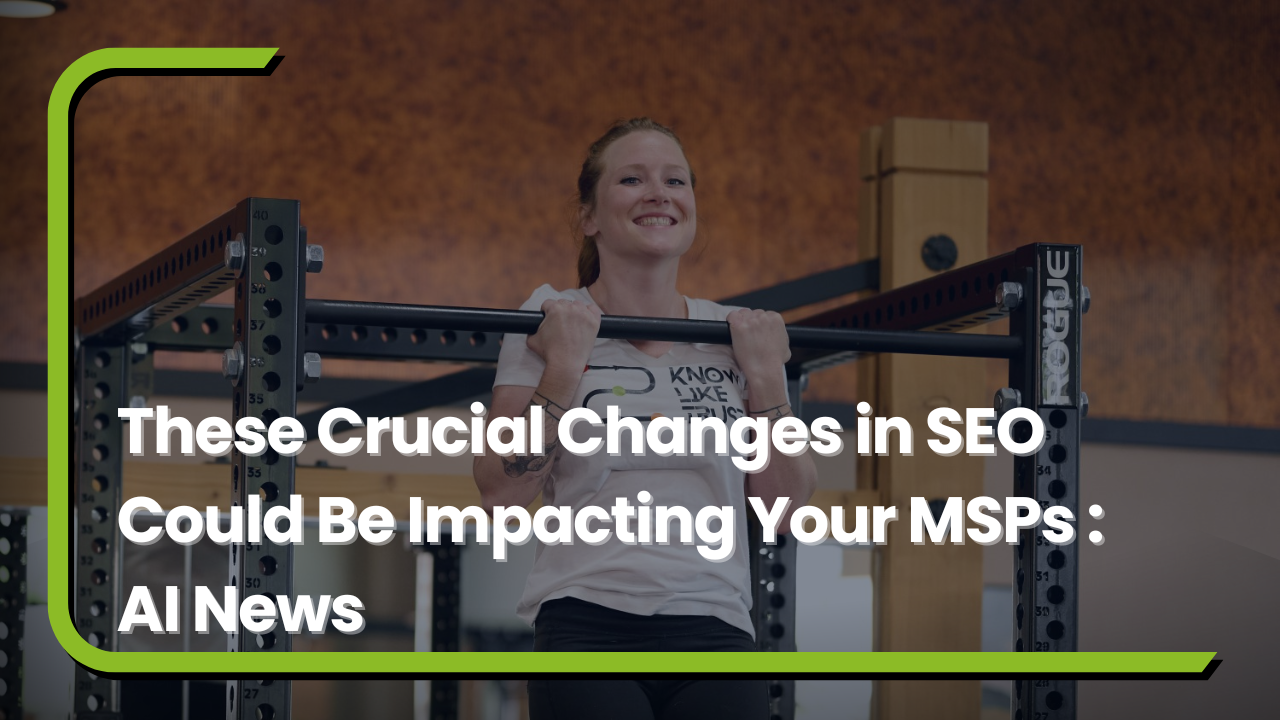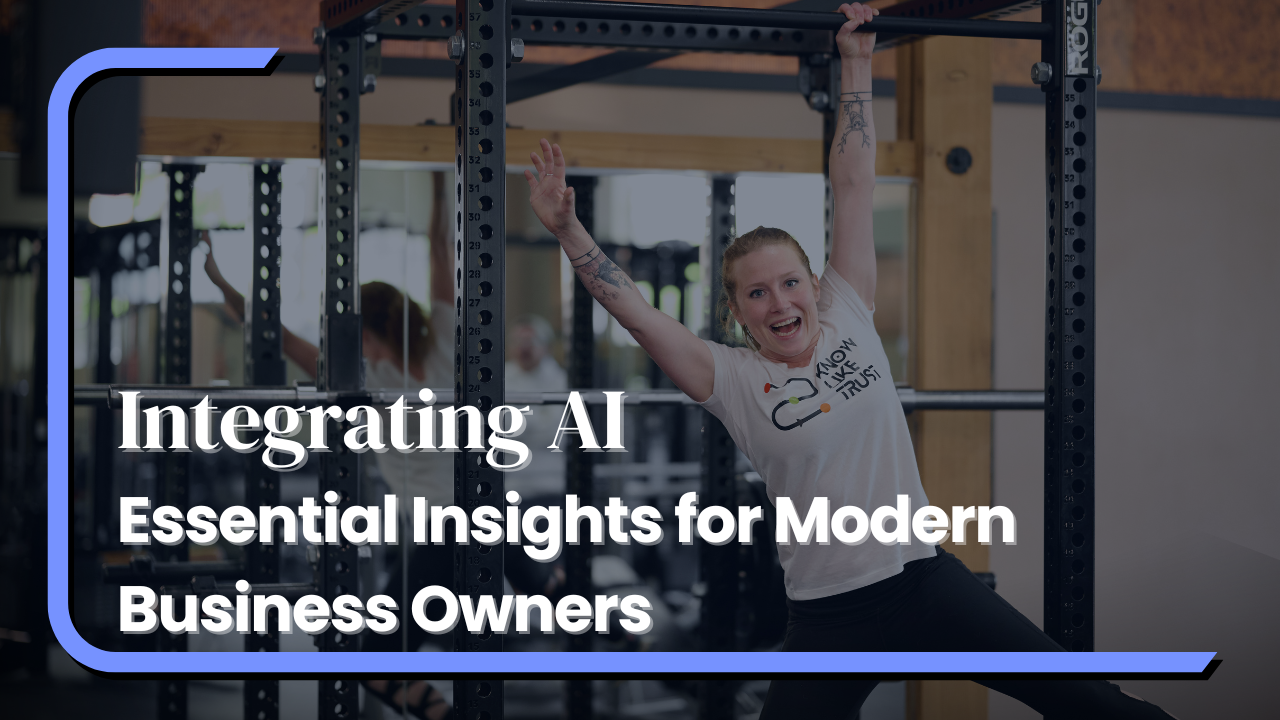
These Crucial Changes in SEO Could Be Impacting Your MSPs : AI News
I consider myself a fairly well-researched SEO expert. I’ve been doing this for 11+ years, after all, and I’ve grown accustomed to the waxing and waning of Google’s bipolar needs. But I’ve noticed a very important change in how SEO functions in the last few months, and it’s had a MAJOR impact on MSPs. And yes, in case you’re wondering, it is related to AI. The SEO Essentials that Used to Work for MSPs A few key players have always taken the lead when reviewing a typical SEO and content creation strategy for Managed Service Providers. I’m going to talk about each of these individually, so just reference them above if you want a quick index. Local SEO – Why it WAS important If you’re unfamiliar, Local SEO is the Map Pack, which displays a Google listing, star rating, and quick links to phone numbers, directions, etc. Here’s a quick example of how this map pack typically functions in a search result: You search for a term + a location or + “near me”, and Google pulls up a nice visual that gives you an idea of what’s close by. Some businesses have hilariously taken optimizing for this result to the extreme: The Local Pack follows its own algorithm which is separate from other search results. While Google tends to be tight-lipped on the actual criteria, there are some standards to expect when trying to rank well: This is all good and well and really just standard practice for your business…..but…. Local SEO – What’s Failing… Local SEO used to be a major focus for IT companies. The key problem being that the majority of the time, users aren’t really looking to visit an IT Companies location. They want the techs to come to them. Google has caught on to this truth and adjusted its algorithm to reduce local search—way down. If you go ahead and throw in a Google search reading: “IT Company” + “[your city]”, you’re likely to see a search result showing in this order: Here’s an example: The variability in the result is large but the importance is the same – you should not put huge emphasis on Local SEO as a focal point. Why did this happen? Beyond the fact that Google may realize that location-specific data may not be the most important feature for this type of search, Google’s got to cover their own a$$. The latest update to EU’s expectations on privacy and internet browsing puts regulations on what they call “anti-self-preferencing” search results. Which basically means, the result should direct the user to a website, not have the user get all the info they need without navigating any further. Lastly, yes, Google is ever-changing their algorithm to suit their new AI Overview which we’ll talk more about in a minute. Technical On-Page SEO – What’s Working Technical SEO is broken into two options: on-page (on your website) and off-page (elsewhere on the web). For the most part, we’ll focus on on-page SEO. Technical SEO essentials onsite include: These are essential because they haven’t changed in a long time. You need these set up and set up well. Technical On-Page SEO – What’s Broken What we KEEP seeing with MSPs is that their marketing team is leveraging AI content. There’s nothing inherently wrong with this – but it’s not ideal. I recently did an assessment for an MSP company and found the same generic intro paragraph used on each of the primary landing pages. The text was varied enough to make it feel like new copy but it failed several tests to see if it was AI Generated. Why is this a problem? Because it’s garbage. It’s not written for people, it lacks personality, and Google is intelligent enough to pick up on it. This client had a less than 30-second on-page read time for their visitors. That’s abysmal. You CAN leverage AI content to get you an outline, do research, and create the basis for your copy but DON’T LEAVE IT THERE. Add personality, make it real, rewrite it! In a recent study done by the Neil Patel group, they found that human-generated content had 5.44 times more traffic than AI-generated content. The unfortunate truth of the MSP space is there are a dozen other IT companies out there throwing out the same “we offer cyber security and compliance services” line over and over again. Let them know that you offer the services they need but also show them WHO they are buying from. Copy is the only way you can do this without investing heavily into a sales person to go out and physically find clients. While we are suggesting that you don’t rely too heavily on AI to create all your content, we are also advocating for joining the dark side by optimizing your content for AI search results. AI Overview is a search result that now appears at the very tip top of a Google result. Have your content creator leverage Rich Snippets by creating a markup to let AI know what your content is about. If you’ve noticed AI Overview generating in a Google search, you can try to emulate the style and outline of those results in order to encourage Google to use your content to answer a speccific user question. Do your best to include snippets in your blog and page content that answer direct questions and format them with technical chops that give Google all the right clues. “Be careful when using AI content for generating your MSP website’s copy. It can hurt you in the long run.” Content Calendar Creation Just like with technical SEO, MSPs are overusing AI to regurgitate content for their blog. Bear in mind, with the ease of content creation AI provides, IT companies all over the country now feel like they can execute on a quick and dirty content calendar without giving it much thought. You should be investing careful time into planning a content calendar that provides











